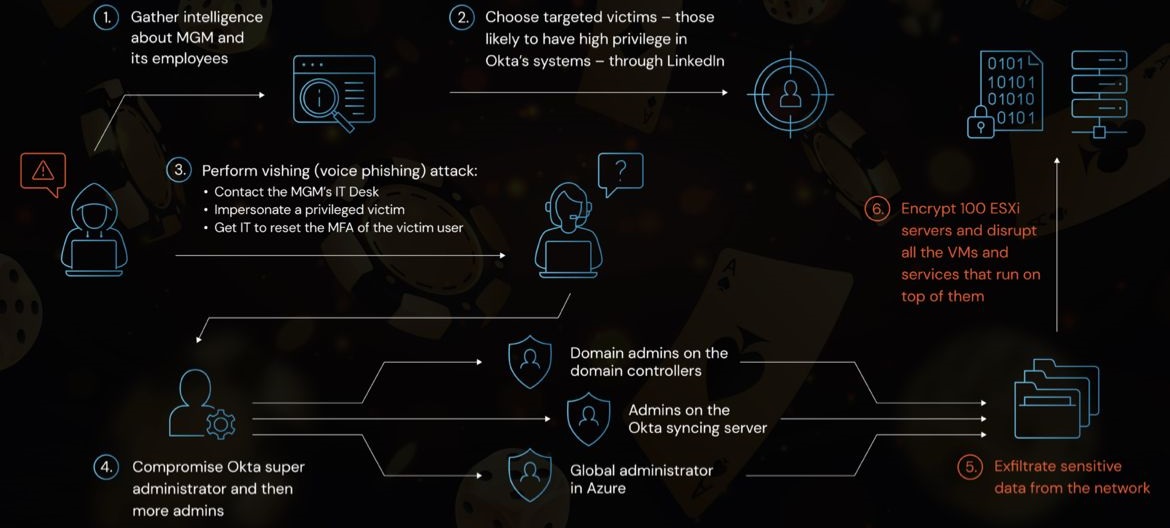
In the digital age, data breaches have become an unfortunate reality, affecting both individuals and major corporations. One such incident occurred on September 2, 2022, when Samsung, the renowned technology conglomerate, fell victim to a significant data breach.
This breach compromised the personal information of millions of Samsung users worldwide, leading to concerns about privacy, cybersecurity, and the overall trust in the company's ability to safeguard customer data. In this article, we will examine the Samsung data breach in detail, exploring the incident's background, its potential causes, the impact on users, and the actions taken by Samsung to rectify the situation.
Background of the Samsung Data Breach
On September 2, 2022, news broke about a large-scale data breach that affected Samsung, one of the world's leading technology companies. The breach exposed the personal data of approximately 150 million Samsung users, including sensitive information such as names, email addresses, phone numbers, and, in some cases, encrypted passwords. The affected individuals spanned various countries and regions, raising concerns about the global impact of the breach.
Potential Causes of the Data Breach
While the exact cause of the Samsung data breach remains unclear, cybersecurity experts have proposed several possible scenarios. One theory suggests that the breach was a result of a sophisticated hacking attempt by a well-organized cybercriminal group. These hackers may have exploited vulnerabilities in Samsung's software systems or targeted employees with phishing attacks to gain unauthorized access to sensitive data.
Another possibility is that the breach was an inside job, orchestrated by a disgruntled employee with privileged access to the company's databases. In such cases, individuals with insider knowledge and elevated permissions can bypass security measures and compromise vast amounts of user data.
Impact on User Data Security
The Samsung data breach had severe implications for user data security. With personal information exposed, affected individuals faced the risk of identity theft, phishing attempts, and other forms of cybercrime. Email addresses and phone numbers obtained from the breach could be exploited for spamming and phishing campaigns, potentially leading to financial losses or privacy invasion.
Moreover, the leak of encrypted passwords raised concerns about the strength of Samsung's encryption protocols. While encryption adds an extra layer of security, weak or outdated algorithms could be cracked, leaving passwords and other encrypted data vulnerable to exploitation.
The breach also had broader implications for the trust users place in Samsung and other technology companies to protect their personal information. Users may question the security measures implemented by Samsung, and the incident could have a long-term impact on customer loyalty and brand reputation. Restoring confidence in data security is crucial for Samsung's ongoing success.
Actions Taken by Samsung
In response to the data breach, Samsung swiftly launched an investigation to determine the scope of the incident, identify the vulnerabilities, and mitigate the damage. The company collaborated with external cybersecurity firms and law enforcement agencies to ensure a thorough examination of the breach.
To address the immediate concerns of affected users, Samsung notified them about the breach, urging them to change their passwords and remain vigilant against potential phishing attempts. The company also provided guidance on recognizing and reporting suspicious activities related to the breach.
In addition to these reactive measures, Samsung took steps to enhance its data security practices. It invested in advanced cybersecurity technologies, conducted thorough security audits, and implemented stricter access controls and employee training programs. By taking these proactive measures, Samsung aimed to prevent similar breaches in the future and regain the trust of its users.
Conclusion
The Samsung data breach of September 2, 2022, highlighted the challenges faced by technology companies in safeguarding user data against ever-evolving cybersecurity threats. The incident served as a wake-up call for Samsung and other organizations to reinforce their data security measures continually. By investing in advanced technologies, conducting regular security audits, and prioritizing employee training, companies can strengthen their defenses against potential breaches. It is crucial for companies to acknowledge the long-lasting effects that breaches can have on user trust and to take swift and comprehensive action to mitigate the impact and prevent future incidents.

